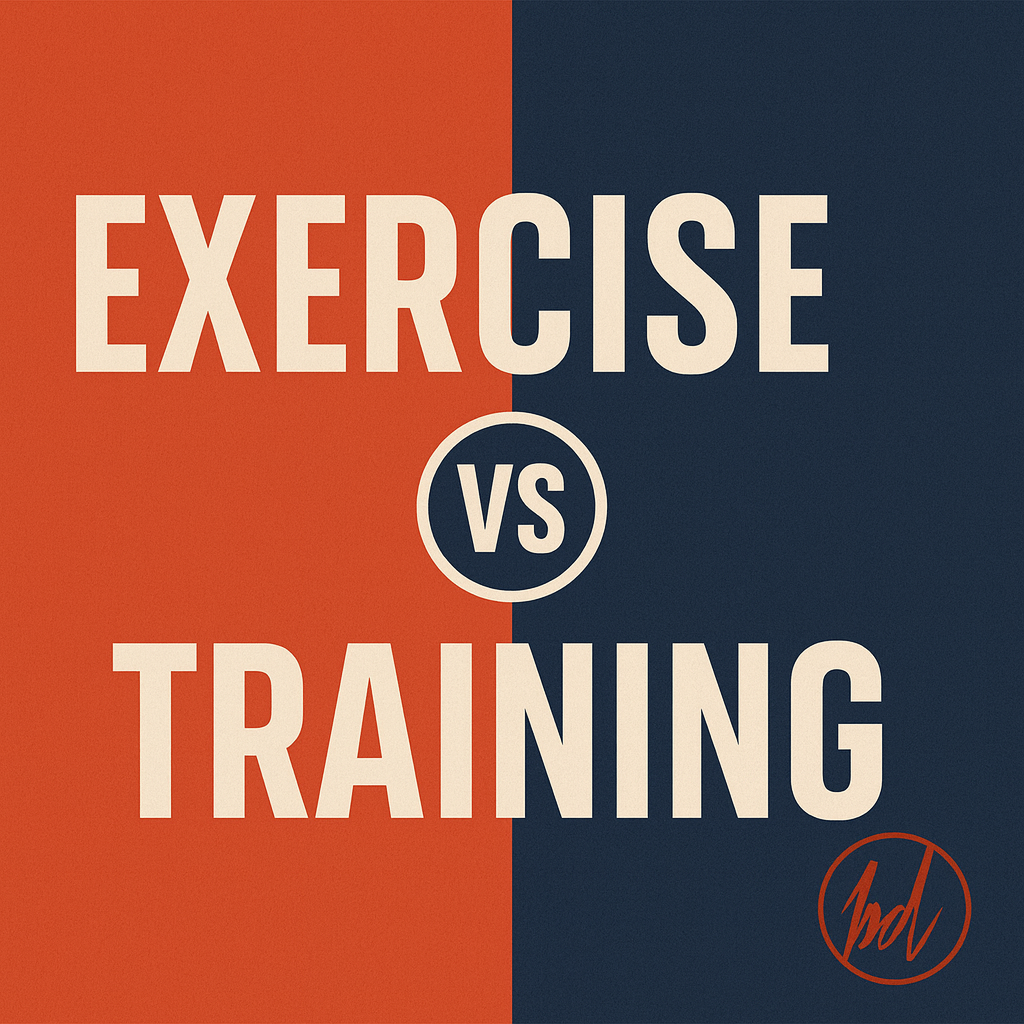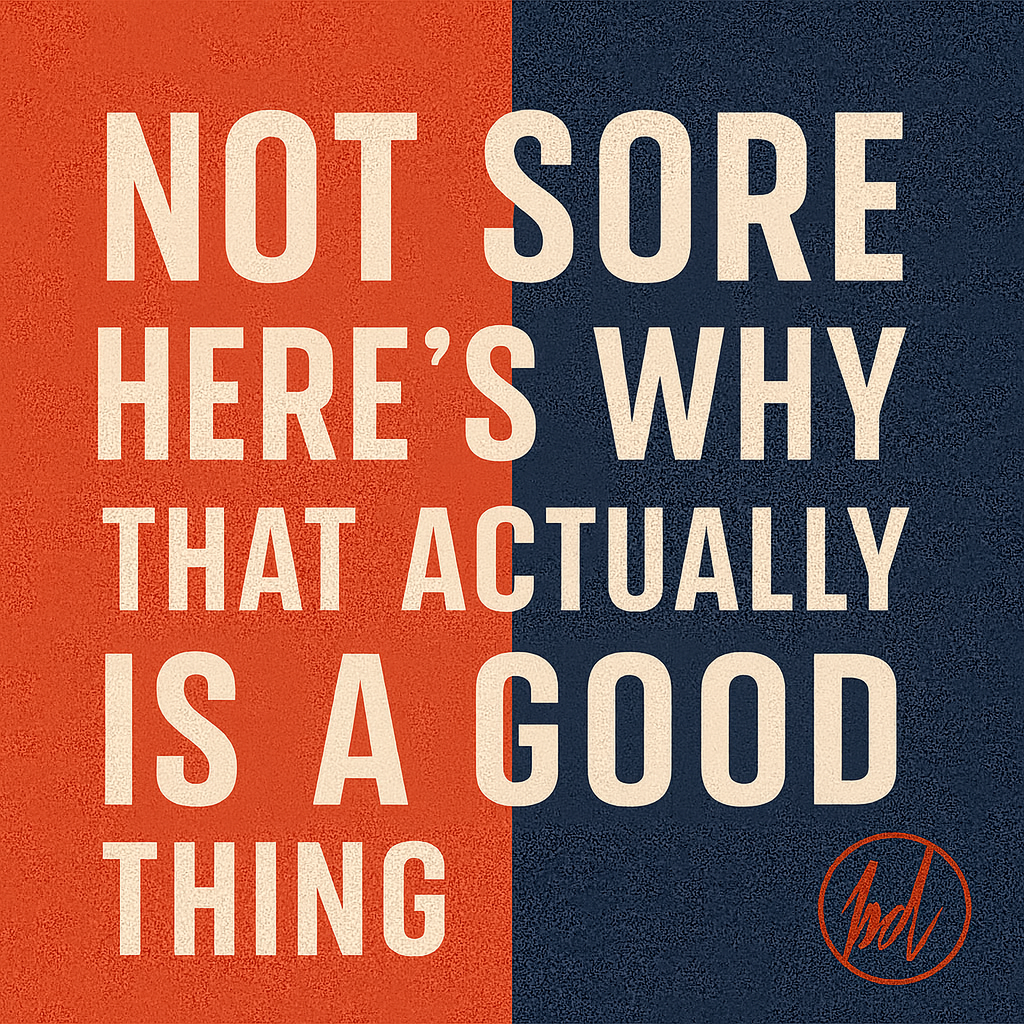01 Jul 2024
It’s true: being short on sleep can seriously impact your weight. While you’re not getting enough rest, your body is working against your weight goals, creating the ideal conditions for weight gain.
When you’re low on sleep, it’s easy to rely on a large latte to power through the day. You might skip exercise (too tired), grab takeout for dinner, and end up going to bed late because you’re uncomfortably full. Occasionally, this won’t make much of a difference, but the real problem is that more than a third of Americans don’t get enough sleep on a regular basis. Experts agree that getting enough sleep is just as important for your health, wellness, and weight as diet and exercise.
How Sleep Affects Your Brain
When you’re sleep-deprived, your brain’s ability to make good decisions weakens. The frontal lobe—the part responsible for decision-making and impulse control—dulls, leaving you more susceptible to poor choices. It’s similar to being under the influence; without mental clarity, making healthy decisions becomes harder.
Additionally, sleep deprivation triggers your brain’s reward centers, leading to cravings for things that “feel good.” So, while you might easily resist comfort food when well-rested, your sleep-deprived brain struggles to say no to that extra slice of cake.
Research supports this. A study in the American Journal of Clinical Nutrition found that sleep-deprived people were more likely to snack late at night and preferred high-carb options. At the University of Chicago, a study showed that sleep-deprived participants chose snacks with twice the fat compared to those who got a full 8 hours of sleep. Another study found that people who didn’t get enough sleep ate larger portions, contributing to weight gain. In a review of 18 studies, researchers concluded that lack of sleep led to more cravings for high-calorie, carbohydrate-rich foods.
In short, a sleepy brain craves junk food while lacking the impulse control to resist it.
The Link Between Sleep and Metabolism
Sleep is like nutrition for your brain, and most people need between 7 and 9 hours a night. If you consistently get less, your body will react in ways that make it challenging—even for the most determined dieter—to resist unhealthy cravings.
Want to weigh less? Make sleep a priority.
For more on how sleep impacts weight, check out Sleep More, Weigh Less on WebMD.
Recent Posts

Why Structure Beats Random Workouts (and Our Latest Reveal)
20 Sep 2025
🔹 Why Structure Beats Random Workouts Every Time Anyone can sweat through a workout — but not everyone makes consistent progress. The difference comes down to structure. At Body By Design, we believe that training with a plan is what turns effort into results. Here’s why: Clear Direction: A structured program tells you exactly what to do, when […]

Not Sore? Here’s Why That’s Actually a Good Thing 💡
20 Sep 2025
💪 Mythbusting Muscle Soreness Myth: “If I’m not sore, I didn’t get a good workout.”We’ve all heard it before—but here’s the truth: muscle soreness is NOT the ultimate measure of progress. ✅ The Facts: What soreness really means: That ache you feel after training (DOMS: Delayed Onset Muscle Soreness) usually comes from new or unaccustomed movements, not necessarily […]

Tips for eating smart and staying healthy during the holidays
17 Dec 2024
The holidays are full of family, friends, great food, and great memories. But they aren’t always compatible with a healthy lifestyle. When the holiday season rolls around, it’s easy to get a little lax on the healthy eating and exercise that we typically maintain. Coupled together, all those festive parties and the stress the holidays can bring, can […]
